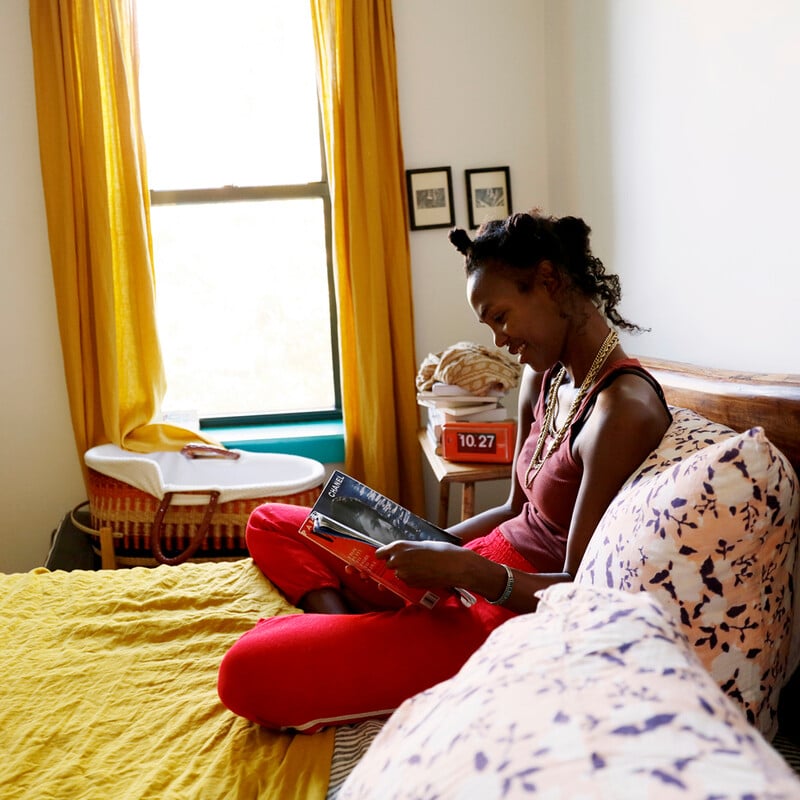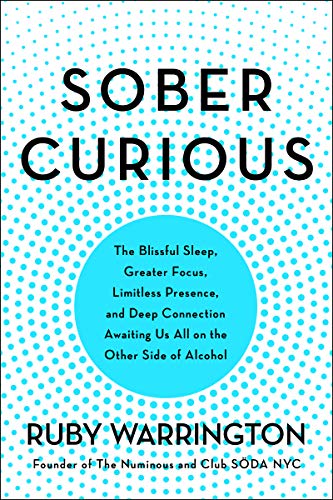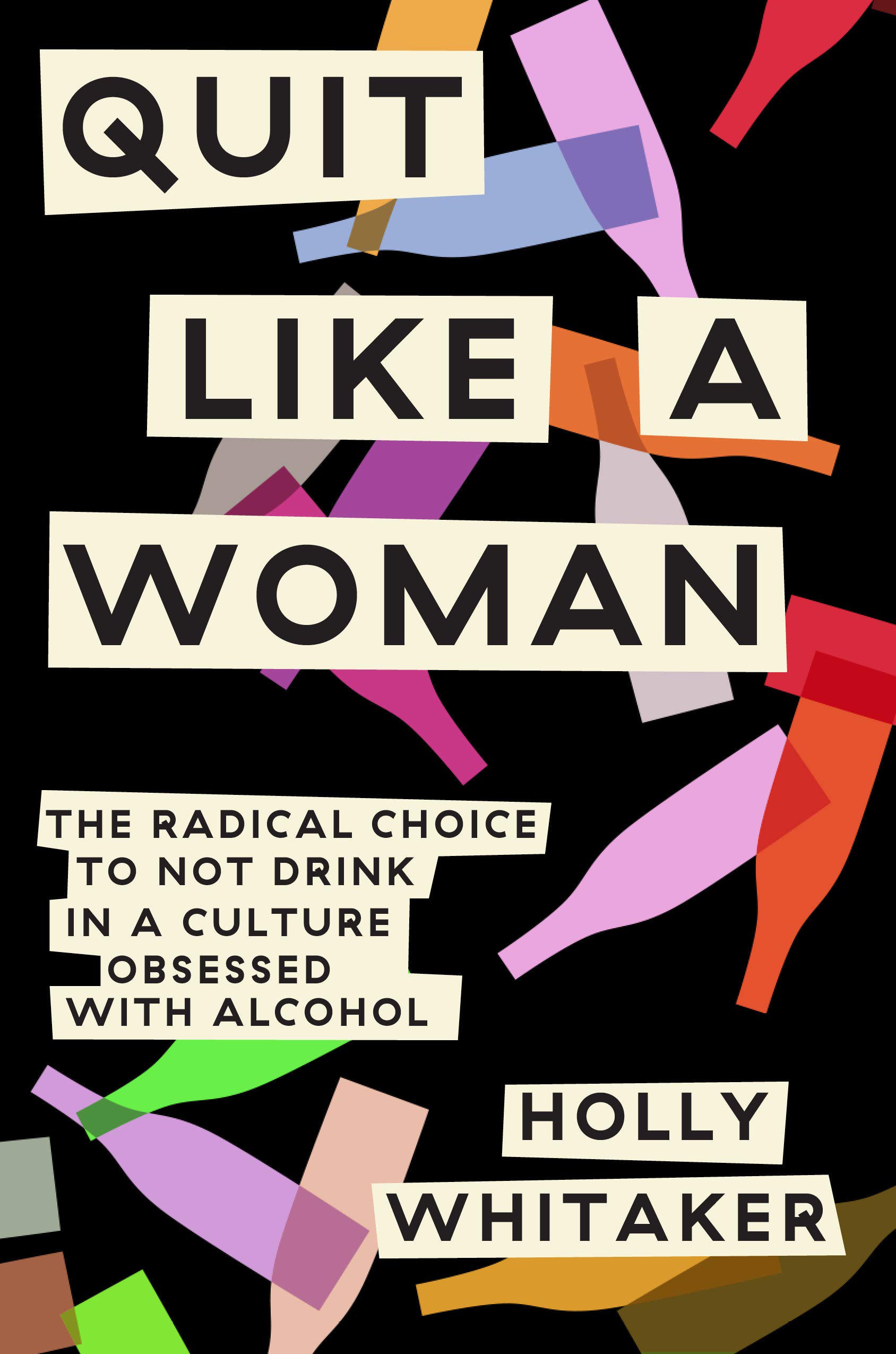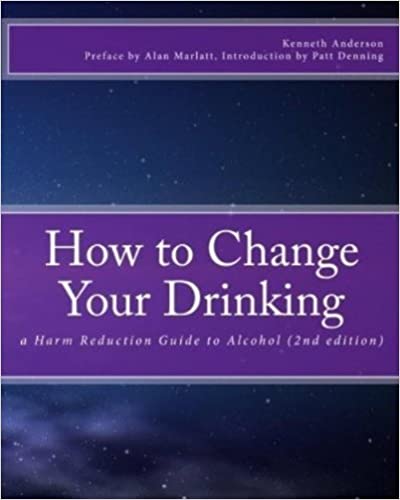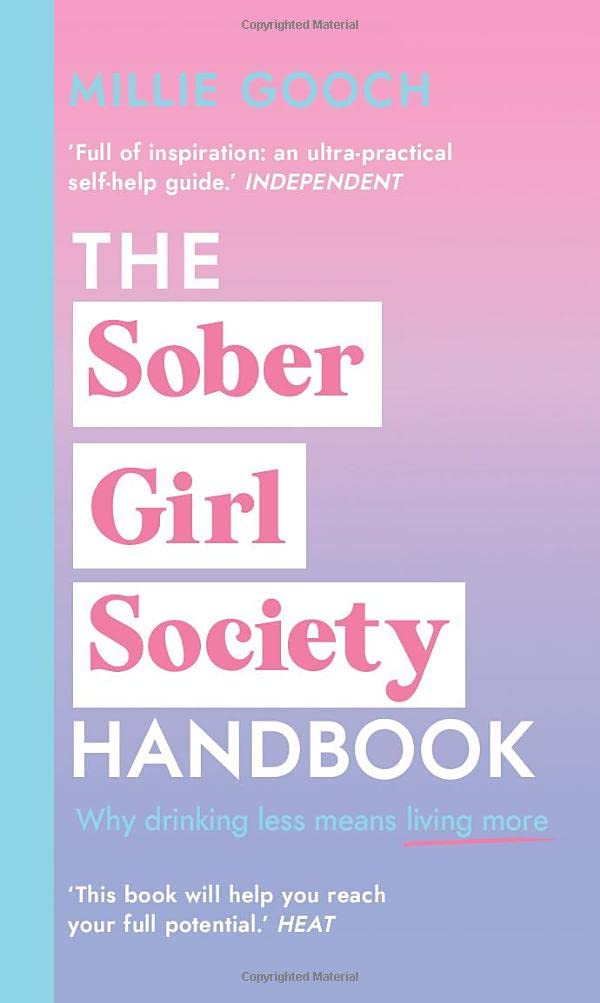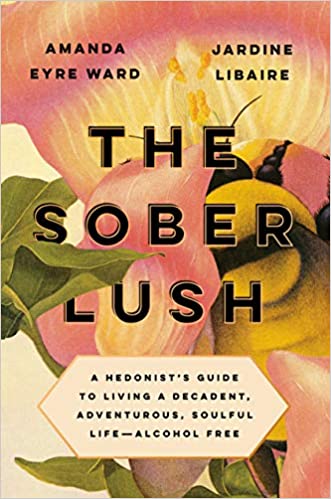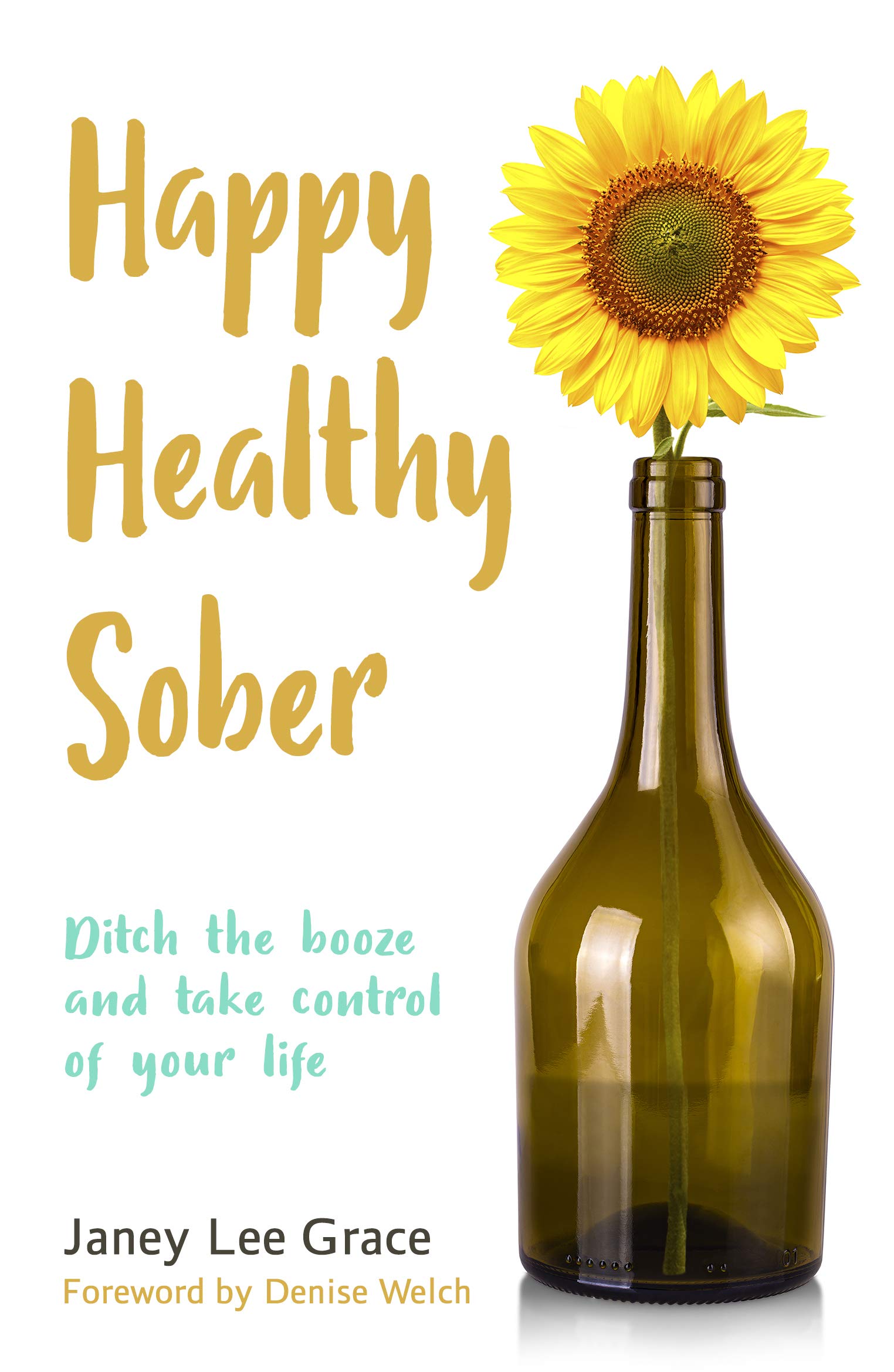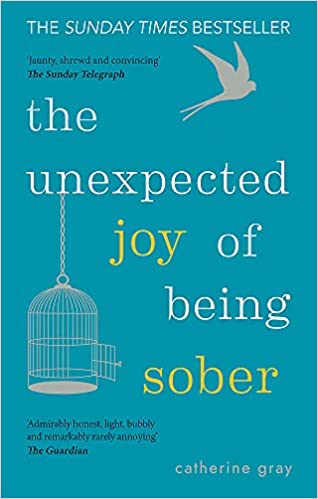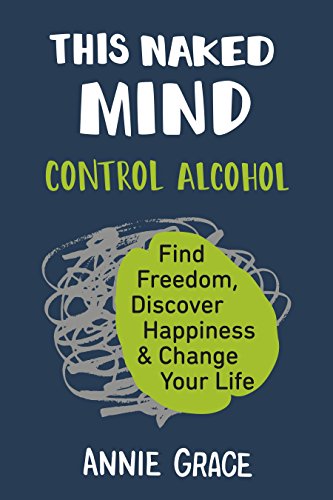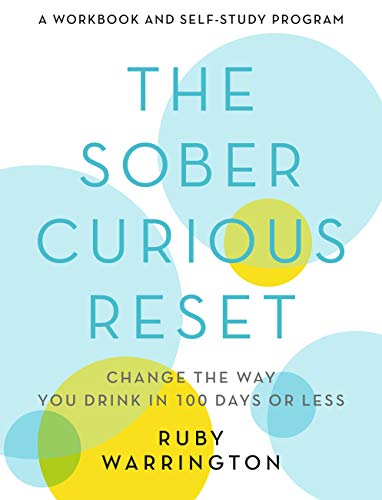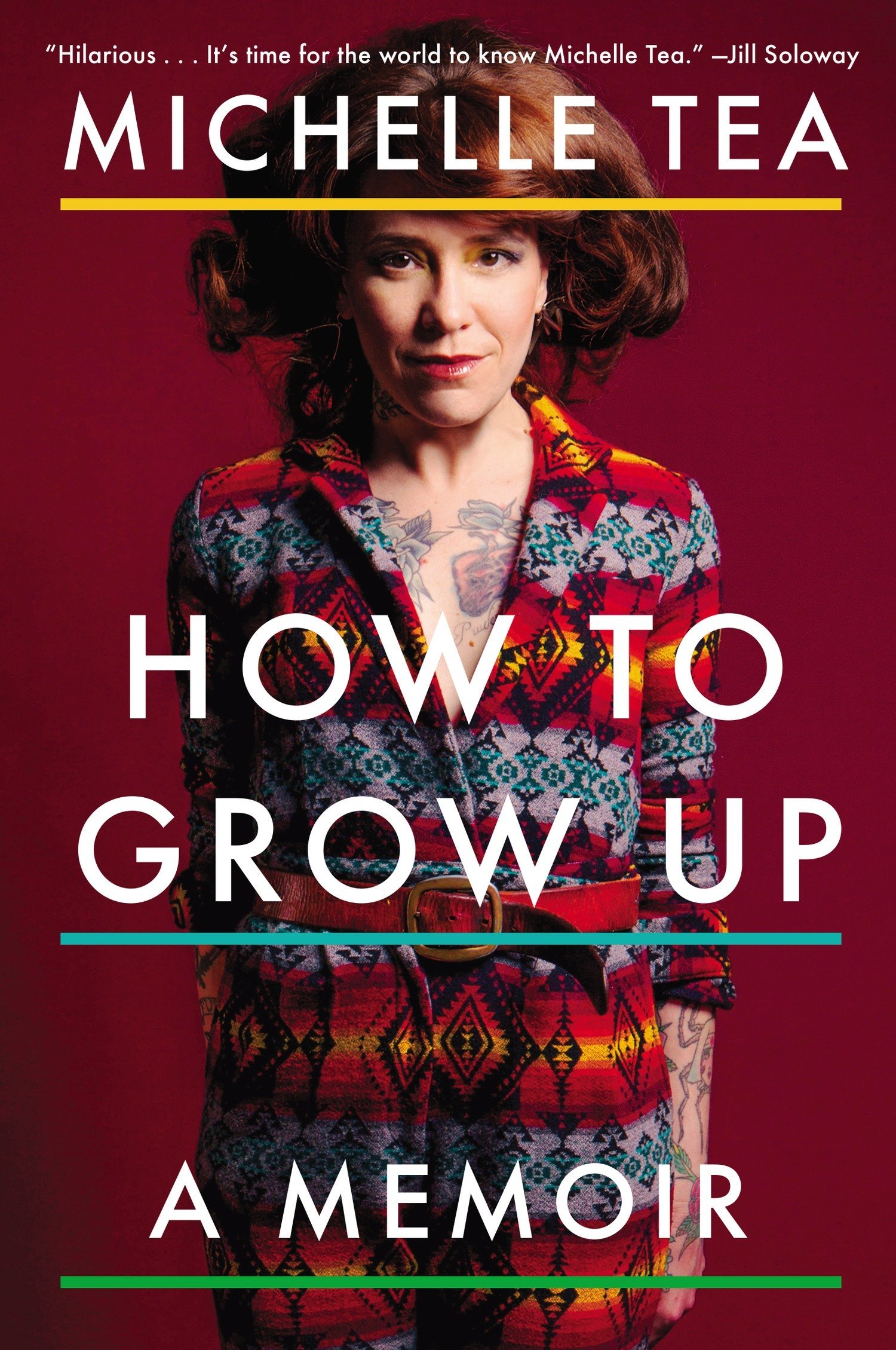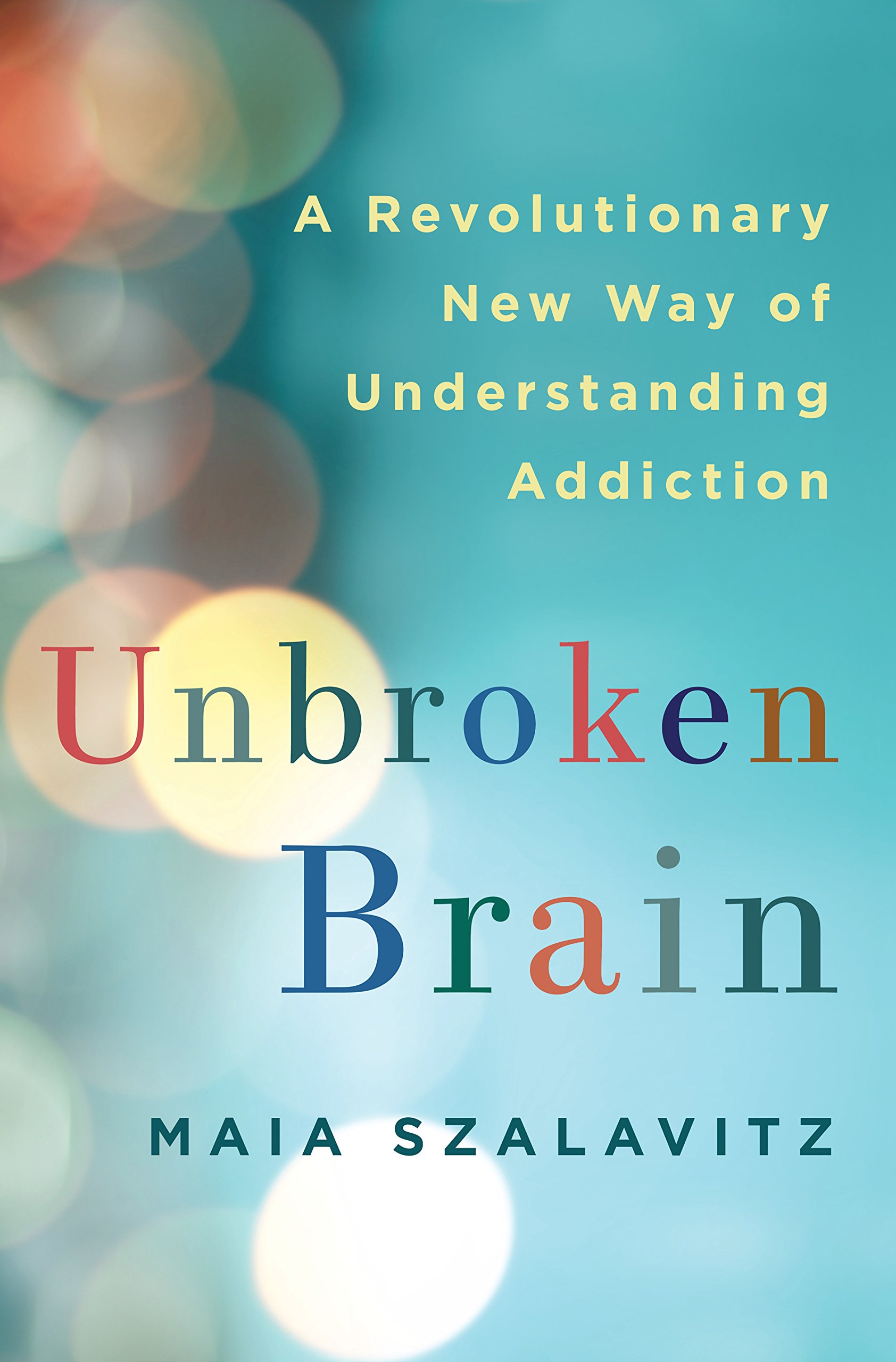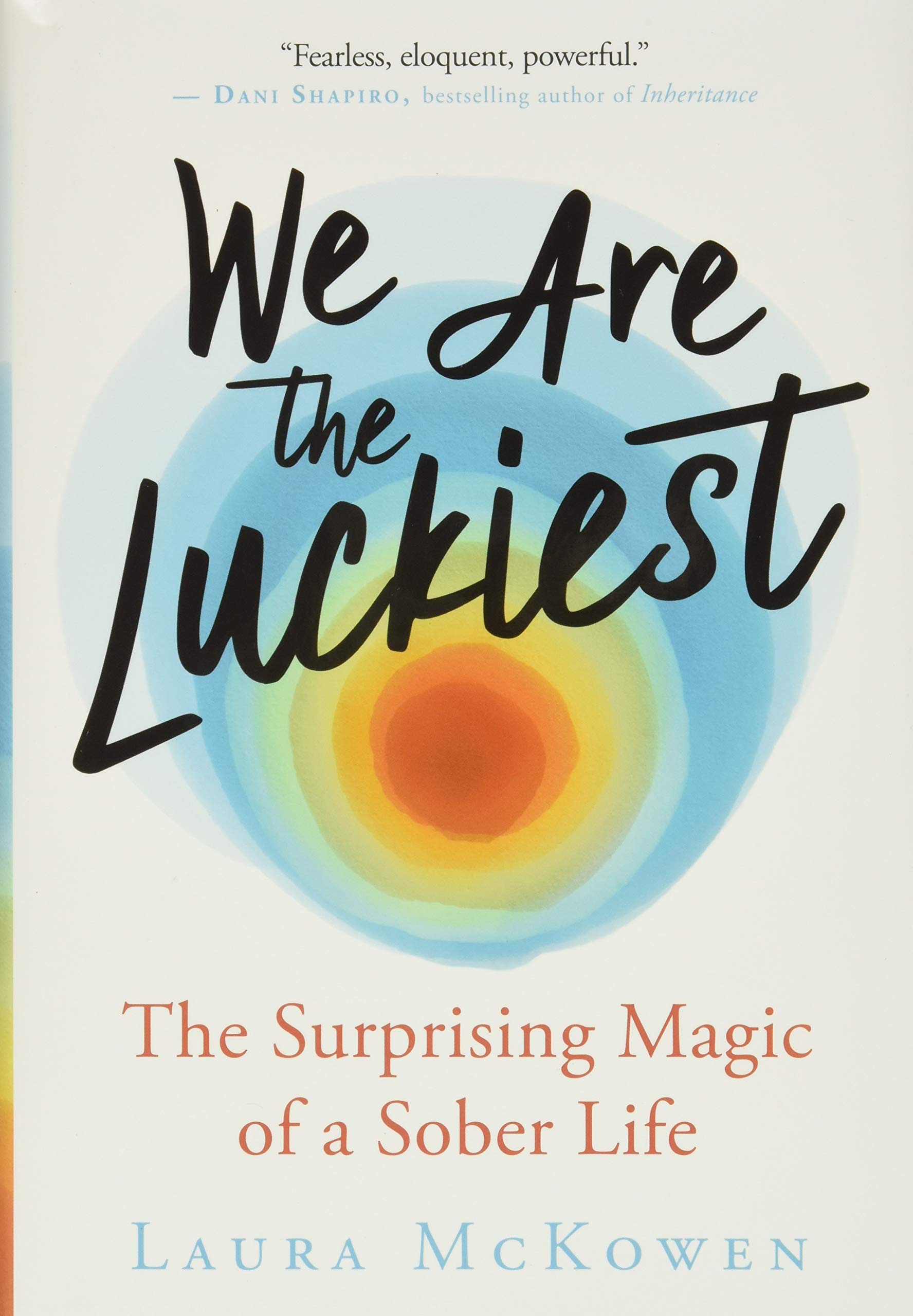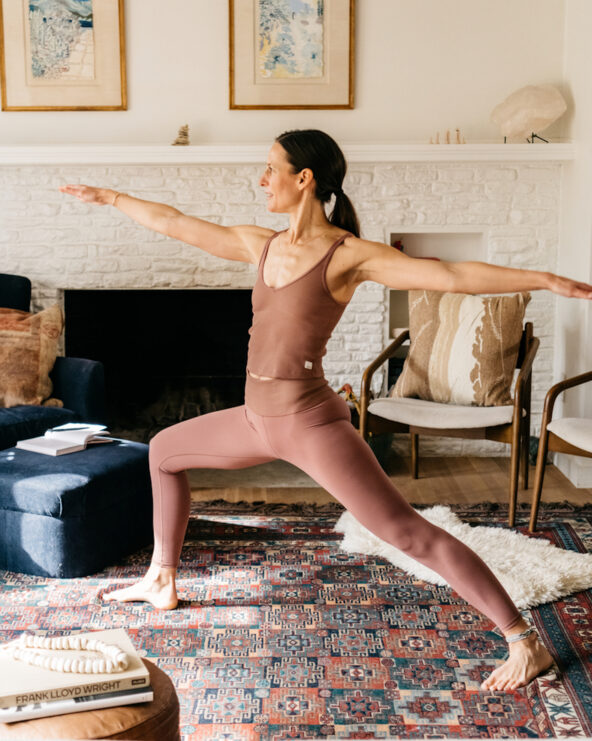During the latter years of high school and the early ones of college, I remember impatiently counting down the months, days, (and if I’m being honest… seconds) until I turned 21. All around me, at dinners, meals out with family, and even watching SATC make Cosmos look cool, I looked on as people sipped charmingly from coupes and gracefully from glasses. Drinking, it seemed, was the epitome of elegance—and it was a natural milestone that would confirm my emergence into adulthood.
But several years and one life-altering pandemic later, that idea of elegance has completely shifted. Like many folks, the past two years have given me the opportunity to reflect on my habits—and re-evaluate my relationship with alcohol. I wouldn’t call myself a big drinker, but my late-twenties body makes waking up with a hangover about a million times more excruciating than in college. And truthfully, sometimes I just want to curl up with a cup of tea in lieu of meeting for drinks.
Again, I’m not alone in wondering if there’s another way. If we didn’t have to reach for a drink after a long day, or if feeling overwhelmed, awkward, or stressed out didn’t have to necessitate a glass of wine. Enter: the rise of the sober-curious lifestyle—and the best sober-curious books to help you dive in.
Feature image by Belathée.

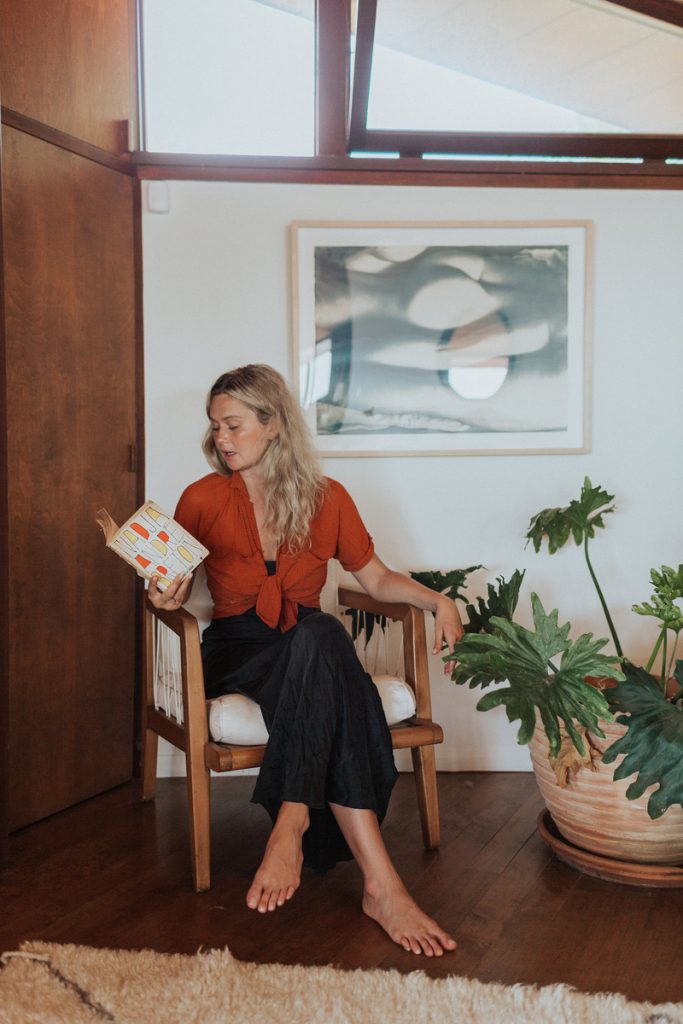
What is a sober-curious lifestyle?
Lauren Sandoval, FNTP, a health coach and founder of the Healthy + Happy Method, previously told CS that she defines being sober-curious as “exploring your relationship with alcohol instead of an all-or-nothing approach. Being sober-curious means that you have the opportunity to find the balance that works for you—there are no hard and fast rules to it.”
This is perhaps what I love most about the sober-curious movement—it takes a gentle approach and highlights the importance of developing a mindful relationship with drinking. Of course, this is different from an alcohol abuse problem. Oftentimes, individuals who consider themselves sober-curious abstain from drinking motivated by the health benefits, not because they consider themselves alcoholics.
If you’re exploring a sober-curious lifestyle, Sandoval shared a few health benefits of cutting back on or cutting out drinking that might help sweeten the deal:
- weight loss
- improved liver function
- reduced anxiety and depression
- stable energy
- better digestion
- easier periods and fertility
- improved immunity
- better food and lifestyle choices
“Even cutting back just a little can reduce some of the stress this causes to the body, helping it to heal on its own,” says Sandoval.
Scroll through for the best sober-curious books that’ll change the way you think about drinking.
Sober Curious by Ruby Warrington
In Warrington’s book, considered by many to be the foundational text of the sober-curious movement, she asks a simple, but transformative question: how different would our lives be if we stopped drinking on autopilot—or if we stopped drinking altogether?
The writing is funny and the tone is forgiving. Warrington supports it with ample research and expert insights, crafting a sober-curious handbook intentionally written to help everyone lead a more fulfilling life.
Quit Like a Woman by Holly Whitaker
When Glennon Doyle gives a glowing review, you know you’ve found a must-read. Part memoir, part cultural exposé, Quit Like a Woman draws upon Whitaker’s personal experience to illustrate our widespread obsession with drinking. What results is a feminist-driven discussion of how drinking negatively impacts women—and how we can find the freedom to confidently navigate the world alcohol-free.
How to Change Your Drinking by Kenneth Anderson
This classic book in the sober-curious cannon takes a comprehensive approach to addressing the many varied relationships people can have with alcohol. It’s full of practical, actionable tips that empower readers to pursue positive change and honestly confront their behaviors around drinking.
The Sober Girl Society Handbook by Millie Gooch
It’s a consistency among books in this round-up that I’m 100 percent here for—a mix of memoir and self-help. If you’ve ever thought that alcohol makes you more social or easy-going, this is the book that’ll convince you otherwise. Millie reflects on her journey to sobriety, sharing the many doubts, what-ifs, and relatable questions that challenged her along the way. It’s practical, inspiring, and is guaranteed to help you create more meaning and find more purpose each day.

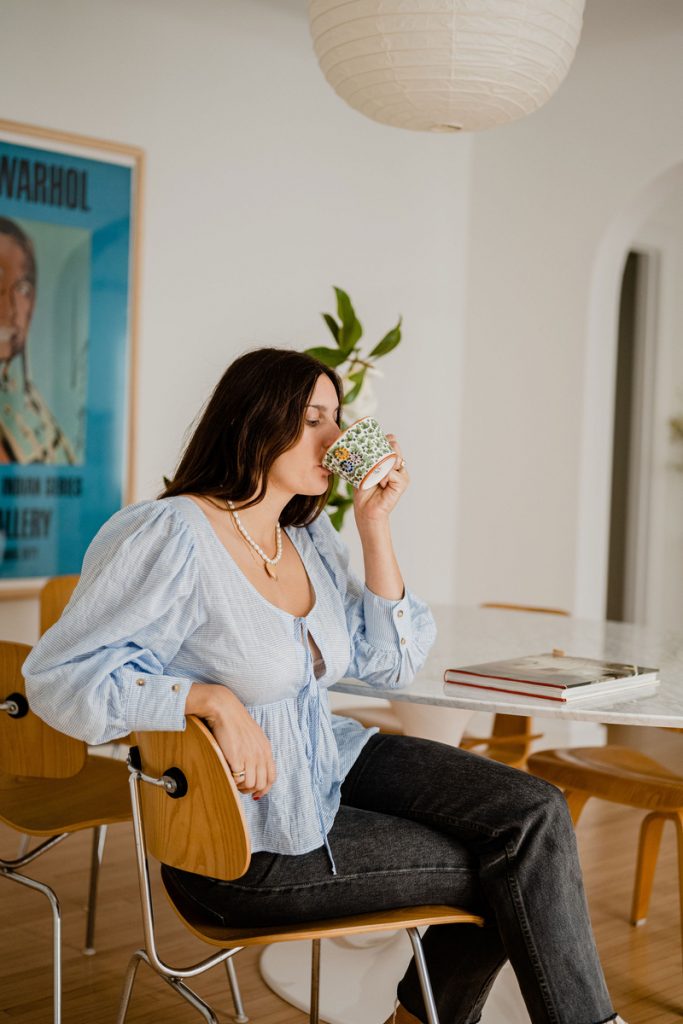
The Sober Lush by Amanda Eyre Ward and Jardine Libaire
It’s a thought that many of us who’ve considered cutting back and quitting drinking have had: will my social life ever be the same? This book’s answer—get ready for it to be even better. The two authors, disillusioned with the feeling of numbness drinking gave them, sought to design a life dedicated to connecting with pleasure and joy, alcohol-free. Buckle up, your best life awaits.
The Sober Lush by Amanda Eyre Ward and Jardine Libaire, $18.81
Happy Healthy Sober by Janey Lee Grace
With societal pressures and alcohol’s undeniable ubiquity, abstaining from drinking or even cutting back can seem impossible. “Happy Healthy Sober” makes the argument that reaching your health goals and unlocking your happiest life is simply a matter of choice, but the complexity arises in seeing that you have the choice to begin with. Readers are guided along a 30-day challenge to help them through the initial stages of exploring sobriety—and rounds it all out with holistic, comprehensive support.
The Unexpected Joy of Being Sober by Catherine Gray
Read that title again. Feeling stuck in a pattern of drinking, making bad (re: regrettable) decisions, suffering through a hangover, and repeating the cycle all over again, Catherine Gray was desperate for another way. Through interviews with neuroscientists and psychologists, Gray dives deep into the science showing what drinking and alcohol does to our minds and bodies—and all the good that can happen when you commit to a more mindful, intentional life.
This Naked Mind by Annie Grace
Change, even if for the better, can at times feel impossible. And when it comes to adopting healthier habits, inertia is a powerful influence that keeps us stuck. Annie Grace knew this and decided to delve into the psychological reasons we continue to drink—even when it does more harm than good. Grace blends science with a story-like narrative, and what results is an engaging, transformative book you’ll reference and read, again and again.

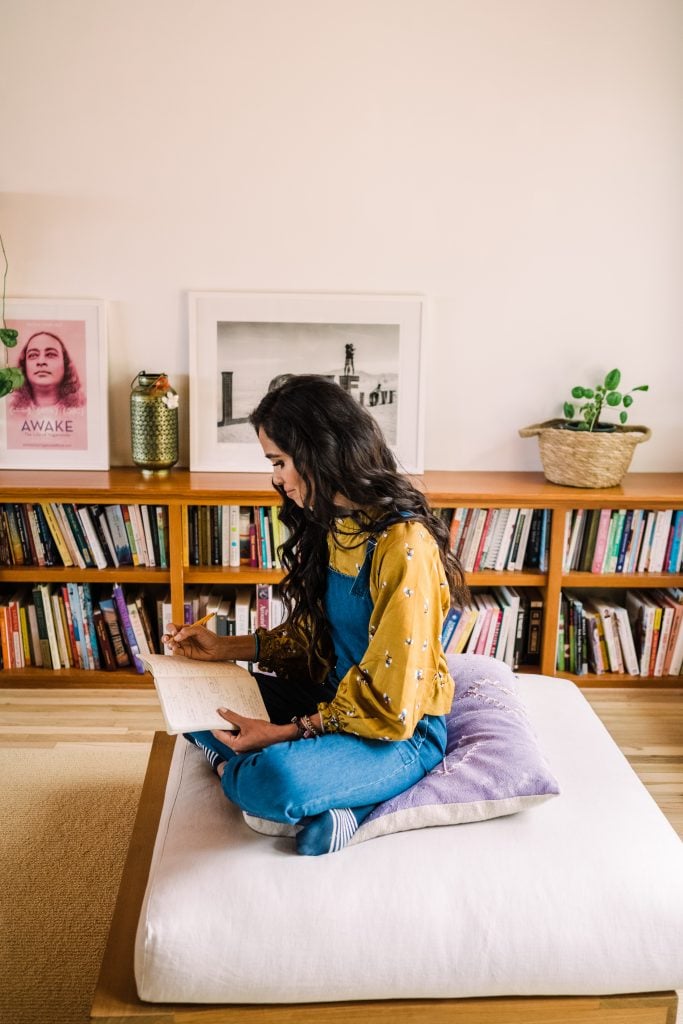
The Sober Curious Reset by Ruby Warrington
If Sober Curious was the book that introduced you to an alcohol-free lifestyle, consider Ruby Warrington’s follow-up to be the resource that’ll take you even deeper. The Sober Curious Reset guides readers through 100 days of radically reframing your relationship with drinking. In the spirit of taking things day by day, Warrington offers daily practices and insights that lay the groundwork for major self-reflection, discovery, and a whole lot of radical honesty.
How to Grow Up by Michelle Tea
Now in the latter half of my twenties, I’ve come to acknowledge the many trials and tribulations that have led me to where I am today. And I’m not gonna lie—I’m looking forward to my thirties when all the mistakes and risks will truly pay off. I have a feeling Michelle Tea would agree. Hustling as an aspiring writer in San Francisco, she was living fast and living hard—not only drinking but smoking and snorting, as she says, just about everything. While many books on this list pair self-reflection with self-help, How to Grow Up is a true memoir, taking readers through Tea’s transition from a struggling artist to a thriving adult. While it doesn’t focus solely on changing your relationship with drinking, I can guarantee How to Grow Up will provide the motivation anyone needs to change for the better.
Unbroken Brain by Maia Szalavitz
This is perhaps the most refreshingly life-changing book I’ve read in just about… forever. While many are skeptical of the self-help genre, I personally feel that a book gains significant credibility when it draws upon science and fact to support a personal narrative. A journalist who covers addiction and neuroscience, Maia Szalavitz reflects upon her own journey of recovering from heroin and cocaine addiction to redefine addiction as we’ve understood it in the past and shine light on new methods of treatment, ways of support, and paths to recovery.
We Are the Luckiest by Laura McKowen
Again with the Glennon Doyle love: “…the truest, most generous, honest, and helpful sobriety memoir I’ve read. It’s going to save lives.” Laura McKowen turns the idea of luck on its head, exploring the ways her recovery from alcohol addiction allowed her to lead a more honest existence and embrace all of her emotions, even the most difficult and uncomfortable. Nothing is swept over or sugarcoated. Instead, McKowen acknowledges the many challenges recovery presents while also revealing to readers the beautiful, authentic life that waits for them on the other side.


